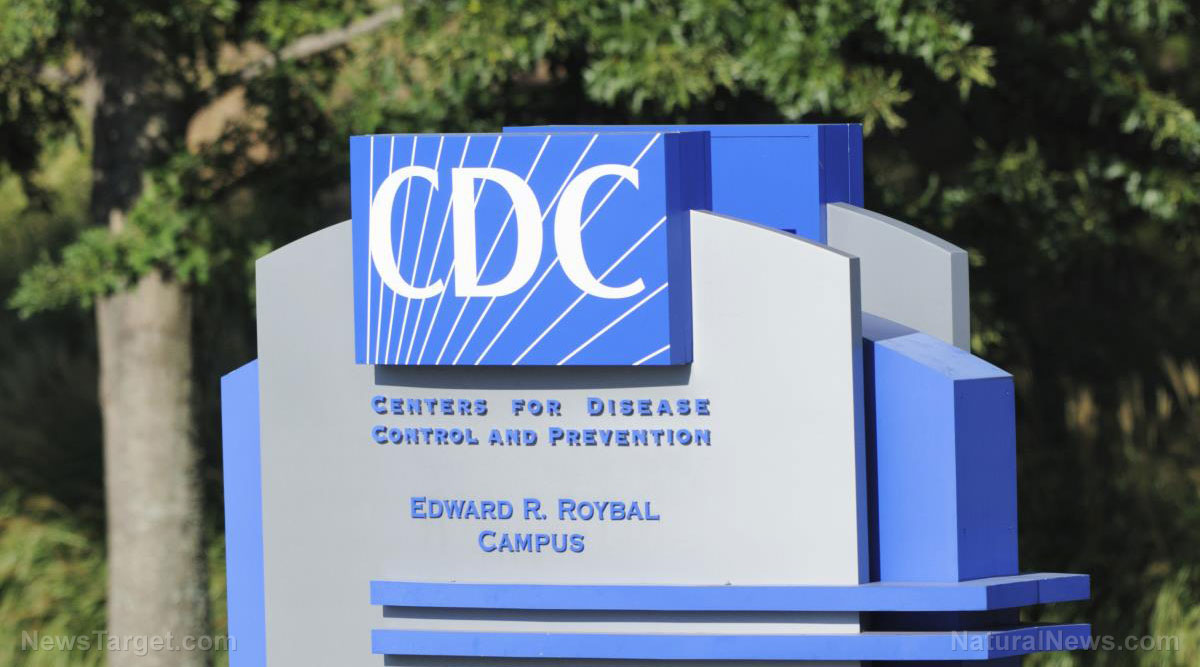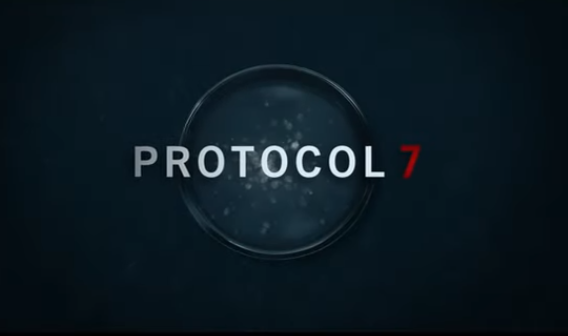One Health Secretariat under CDC holds workshops on zoonotic disease prioritization with cult-like themes
05/20/2024 / By Belle Carter

“One Health,” a collaborative, multisectoral, and transdisciplinary approach managed by the Centers for Disease Control and Prevention’s (CDC) One Health Office in the United States and abroad, recently organized workshops on Zoonotic Diseases Prioritization (OHZDP) and Joint Risk Assessment (JRA) at Paro in Bhutan. The event was attended by 40 participants from the human health, animal health, food safety, wildlife and environment sectors.
The workshop, which was facilitated by technical experts from the Food and Agriculture Organization of the United Nations (FAO), the World Health Organization (WHO) and the World Organisation for Animal Health (WOAH), was aimed at prioritizing the zoonotic diseases using the CDC tool based on multicriteria decision tree analysis and building Bhutan’s capacity for conducting JRA using the Tripartite JRA Operational Tool (JRA OT).
During the workshop, a list of 55 zoonotic diseases ranked in ascending order of importance was generated based on five criteria jointly agreed upon by all the sectors. The top 10 diseases included rabies, avian influenza A(H5N1), leptospirosis, brucellosis, enterohemorrhagic E. coli, Dengue fever, Scrub typhus, bovine tuberculosis, anthrax and salmonellosis. (Related: BE AFRAID: A bird flu pandemic could be “100 times worse than COVID,” warn researchers in obvious fear mongering psyop.)
According to the CDC website, “One Health” is an approach that recognizes that people’s health is closely connected to the health of animals and our shared environment. “Human populations are growing and expanding into new geographic areas. As a result, more people live in close contact with wild and domestic animals, both livestock and pets. Animals play an important role in our lives, whether for food, fiber, livelihoods, travel, sport, education, or companionship. Close contact with animals and their environments allows diseases to pass between animals and people,” it said.
It also indicated that the earth has experienced changes in climate and land use and disruptions in environmental conditions and habitats can provide new opportunities for diseases to pass to animals. Also, diseases can spread quickly across borders and around the globe because the movement of people, animals and animal products has increased from international travel and trade. Thus, the need for the said project. Basically, since the planet has become “sick” through the years, mostly by the actions of man, it needs to be healed, renewed and made whole again.
CDC’s official site also indicated that the project has long been recognized both nationally and globally. Since the 1800s, scientists have noted the similarity in disease processes among animals and humans, but human and animal medicine were practiced separately until the 20th century. The term was coined by Calvin Schwabe, DVM, ScD, MPH in his textbook “Veterinary Medicine and Human Health.” Per the book, the term emphasizes the similarities between human and veterinary medicine and the need for collaboration to effectively cure, prevent and control illnesses that affect both humans and animals.
Expert: “One Health” is a state-mandated religion
According to Patrick Wood, a leading and critical expert on Sustainable Development, Green Economy, Agenda 21, 2030 Agenda and historic technocracy, “One Health” is a government-mandated “cult” based on Gaia worship, Wicca and paganism.
He cited Gaianism as an earth-centered philosophical, spiritual, holistic and scientifically rational opinion, with a perspective that we should honor the earth, reduce or soften the human impact on the earth, and be respectful of all life on earth, be it plants, animals or humans. He also said that Gaia, which is often revered as the Earth Mother, symbolizes the interconnectedness of all living things. Gaia is embraced by practitioners of various spiritual paths, including Wicca and Paganism, as a representation of the Earth’s nurturing and life-giving essence.
“For Wiccans, Gaia is an elemental force intricately woven into the fabric of their beliefs. The reverence for nature and its cycles aligns seamlessly with the Wiccan wheel of the year, where practitioners celebrate the changing seasons and honor the Earth’s bountiful gifts. Gaia’s presence is palpable in rituals that emphasize grounding, connecting with the land, and fostering a harmonious relationship with the environment,” he said, citing a Wiccan site.
Meanwhile, in Paganism, “human beings are seen as part of nature, along with other animals, trees, stones, plants and everything else that is of this earth.”
One Health approach has been guided by the teaching of these “three religious principles.” However, as the government has been involved in the roll-out of the project, tendencies of “overreach” and totalitarianism have popped up.
According to Wood, the inventor of Gaiaism, James Lovelock, a climate alarmist who pictured the earth as a living organism, stated: “We need a more authoritarian world. We have become a sort of cheeky and egalitarian world where everyone can have their say […] it may be necessary to put democracy on hold for a while.”
Two scholars at the University of Westminster responded to this statement with: “This threat of eco-authoritarianism is often linked to a rising tendency towards technocracy, which suggests that decisions should be left to those with relevant scientific and technical expertise: this, it is implied, will speed up decision-making and generate more effective green outcomes.”
“Since ‘One Health’ has been crammed down our throats by the government, it is safe to say that a new state-mandated religion has been declared. The final proof is this: just try to criticize it (especially if you are a Christian) and see where it gets you,” Wood challenged his readers.
Follow BigGovernment.news for stories related to the regime’s overreach.
Sources for this article include:
Submit a correction >>
Tagged Under:
authoritarian world, Bhutan, big government, CDC, conspiracy, Ecology, environment, Gaia Worship, Gaianism, infections, insanity, James Lovelock, Neo-Paganism, One Health, outbreak, paganism, pandemic, Plague, propaganda, science clowns, science deception, science fraud, science tyranny, state-mandated Religion, Wicca
This article may contain statements that reflect the opinion of the author




















